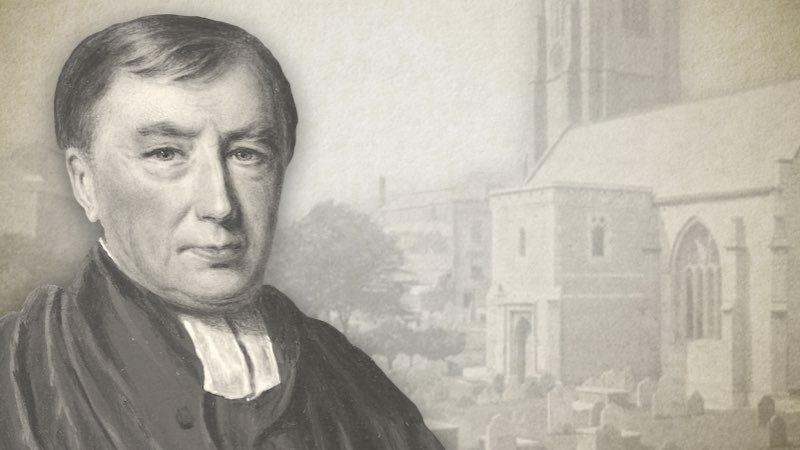
July 18—Morning Devotion
“Take us the foxes, the little foxes that spoil the vines, for our vines have tender grapes.”—Song of Solomon 2:15
My soul, mark the sweetness and tenderness of this precept. Foxes no doubt resemble, in this scripture, the subtle, less open, less discovered sins and corruptions which lurk in us, like these cunning creatures, under a covering, and perhaps sometimes under a fair covering. Moreover, they may mean also false but fair teachers. “Oh Israel,” said the Lord, “thy prophets are like the foxes in the deserts;” crafty, designing, malignant, and filthy. And in proportion as they put on a more fair and specious appearance, the more are they to be dreaded. Satan never more artfully, nor perhaps more effectually deceives, than when he is transformed into an angel of light. Moreover, the precept is enforced by that important consideration, that vines, by which no doubt are meant believers, have tender grapes. What more tender than a weak conscience? And what more liable to be wounded than the tender principles of young beginners in a life of grace? My soul, look up to Jesus, the Lord of the vineyard, for grace to be on the look out against these destructive enemies to thy welfare. And, conscious that all thy vigilance, without his watchful eye over thee, would never protect thee from foes so shrewd and artful, beg of Jesus himself to take these foxes for thee, and destroy them before thine eyes. Lord, I would say, keep me from every enemy which doth evil in thy sanctuary, and preserve alive, in flourishing circumstances, all those tender graces of thy Spirit bestowed upon me, that I may bring forth fruit to the praise of thy holy name, and may flourish and spread abroad as the cedar in Lebanon.”
Robert Hawker (1753-1827) was an Anglican (High-Calvinist) preacher who served as Vicar of Charles Church, Plymouth. John Hazelton wrote of him:
“The prominent features…in Robert Hawker's testimony…was the Person of Christ….Dr. Hawker delighted to speak of his Lord as "My most glorious Christ.” What anxious heart but finds at times in the perusal of the doctor's writings a measure of relief, a softening, and a mellowing? an almost imperceptible yet secret and constraining power in leading out of self and off from the misery and bondage of the flesh into a contemplation of the Person and preciousness of Christ as "the chiefest among ten thousand and the altogether lovely." Christ and Him crucified was emphatically the burden of his song and the keynote of his ministry. He preached his last sermon in Charles Church on March 18th, 1827, and on April 6th he died, after being six years curate and forty-three years vicar of the parish. On the last day of his life he repeated a part of Ephesians 1, from the 6th to the 12th verses, and as he proceeded he enlarged on the verses, but dwelt more fully on these words: "To the praise of His glory Who first trusted in Christ." He paused and asked, "Who first trusted in Christ?" And then made this answer: "It was God the Father Who first trusted in Christ."
Robert Hawker on the Biblical Covenants (Complete)
Robert Hawker's Poor Man's Morning Portions




